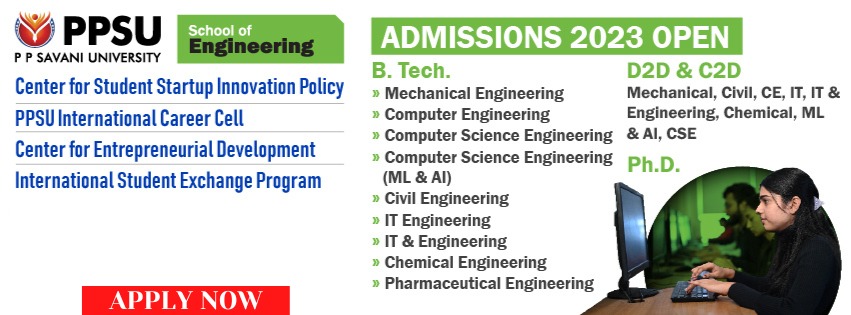Effective exam revision is not simply re-reading notes; it involves proven methods to optimize your study potential. We have discussed below some of the most effective revision techniques that can help you learn smart, without any extra effort.
1. Active Recall
One of the strongest strategies for learning is active recall. Rather than reading your notes passively, try to bring back important facts without looking at them. Try these methods to apply active recall:
- Writing out what you remember of a topic before referencing your notes
- Employing flashcards with the questions on one side and answers on the other
- Explaining the topic to someone else, as teaching reinforces your understanding
2. Spaced Repetition
Rather than trying to do all of your revision in one session, break it up over days or weeks with spaced repetition. Studies have demonstrated that learning and revising at consistent intervals strengthens long-term memory. Use study tools such as:
- The Leitner system with flashcards
- Mobile apps such as Anki or Quizlet, which employ spaced repetition algorithms
- Creating a revision schedule that revisits each subject multiple times before the exam
3. Practice Testing
Practicing using old papers or self-taking tests is perhaps the best approach to preparing for an examination. It assists you in:
- Familiarizing yourself with the type of exam and question format
- Building time management skills by working under exam conditions
- Finding out weak areas on which you have to practice hard
- Practice questions from old papers without looking at your notes, then check your answers and identify where you need to get better.
4. The Pomodoro Technique
This technique is all about learning in short intervals with lots of breaks, which helps in keeping your brain fresh and sharp. The original Pomodoro technique is to:
- Learn for 25 minutes
- Take a 5-minute break
- Repeat this four times, then have a longer break (15–30 minutes)
- This avoids burnout and keeps your concentration at a high point.
5. Mind Mapping
Mind maps are a great technique for mapping information visually, especially for complex topics. They help you in:
- Identify relationships between ideas
- Decompose heaps of information into readable form
- Tap into the logical and imaginative parts of your brain
- Try creating mind maps for subjects that have heaps of interrelated concepts, like history or social science.
6. Interleaving Different Subjects
Instead of focusing on a single subject for hours, mix different subjects. For example, study math for an hour, then switch to history. This method helps in:
- Keeps your memory fresh
- Enhances problem-solving capabilities by making you jump between alternative modes of thinking
- Retains information better
7. Mnemonics and Memory Aids
Mnemonics are memory aids that break information into easier-to-remember formats, such as acronyms, rhymes, and associations. Examples include:
- "P.E.M.D.A.S." (Parentheses, Exponents, Multiplication, Division, Addition, Subtraction) for mathematics
- "Richard Of York Gave Battle In Vain" for colors of the rainbow (Red, Orange, Yellow, Green, Blue, Indigo, Violet)
These tricks can be entertaining and effective ways of learning.
8. Getting Adequate Sleep and Exercise
Your brain requires exercise and rest to perform optimally, always remember to take proper rest before the exam for your best performance. Make sure that you have:
- Sleep for a minimum of 7–8 hours each night
- Take breaks now and then to stretch and walk around, as exercise enhances concentration and alertness
- Steer clear of all-nighters that interfere with remembering and focusing.
9. Ideal Learning Environment
The place where you study can go a long way in determining how effectively you focus. Always make sure you have a positive environment before studying. Select a quiet, organized area with few distractions. A few measures you can apply are given below:
- Headphones or listening to background music (white noise) if necessary
- Clutter-free and distraction-free work area
- Play around and figure out where you focus best
10. Staying Motivated and Positive
A good attitude can make the difference between revising effectively and focusing without any distractions. Set a positive attitude by:
- Setting yourself with small and reachable goals
- Rewarding yourself when you've finished something (e.g., a treat, a break)
- Keeping your eye on the greater picture—why you wish to do well in the exam
11. Proper Utilization of Study Groups
Studying with a group can be an excellent way to learn, as long as it's planned and productive. Effectively take advantage of group study by:
- Clarifying doubts by discussing topics with classmates.
- Acquiring various viewpoints on challenging ideas
- Keeping each other accountable and motivated.
- Make sure study sessions stay productive and don’t turn into social gatherings.
12. Relieving Stress Through Relaxation Strategies
Examinations are stressful, but stress management is vital for an effective revision. To manage stress, try these simple relaxation techniques:
- Deep breathing or meditation to relax your mind
- A short walk or mild stretching to reduce tension
- Keeping a positive attitude and reminding yourself that you’ve prepared well
Final Thoughts
There is no one-size-fits-all approach to exam revision, so try out these suggestions and do what suits you best. Using active recall, spaced repetition, practice testing, and maintaining a healthy lifestyle will enhance your revision and help you approach exams with confidence.
Author : Soumi Roy
Also Read:

















Leave a comment